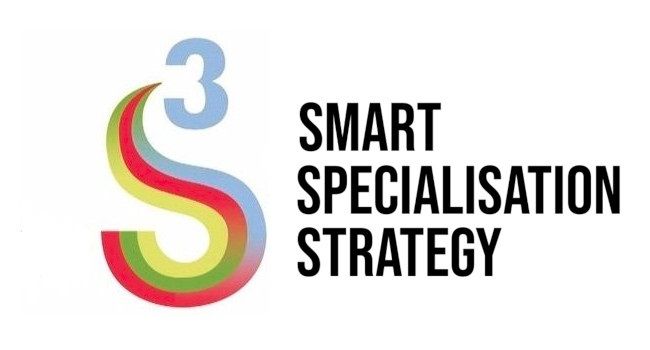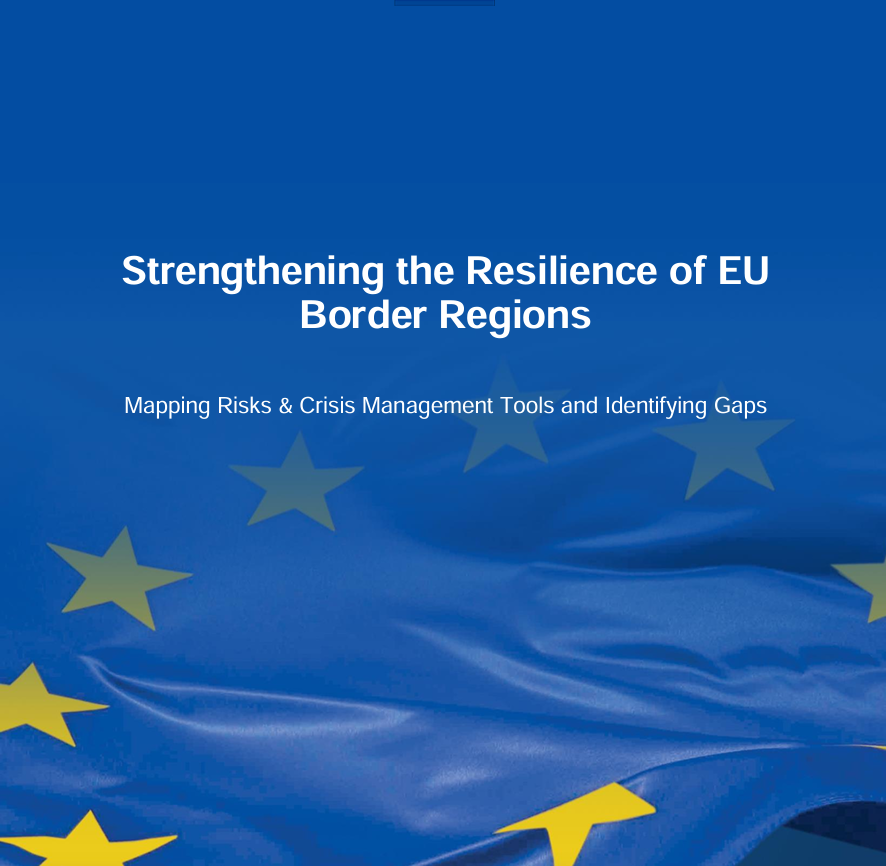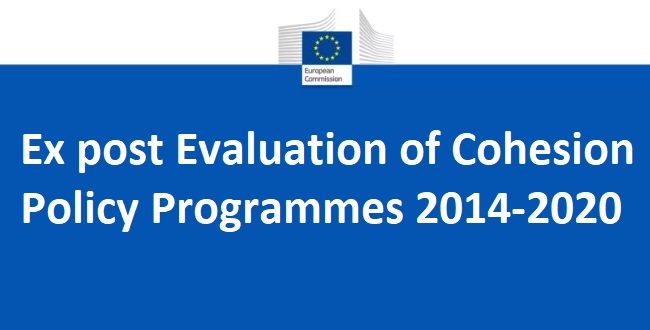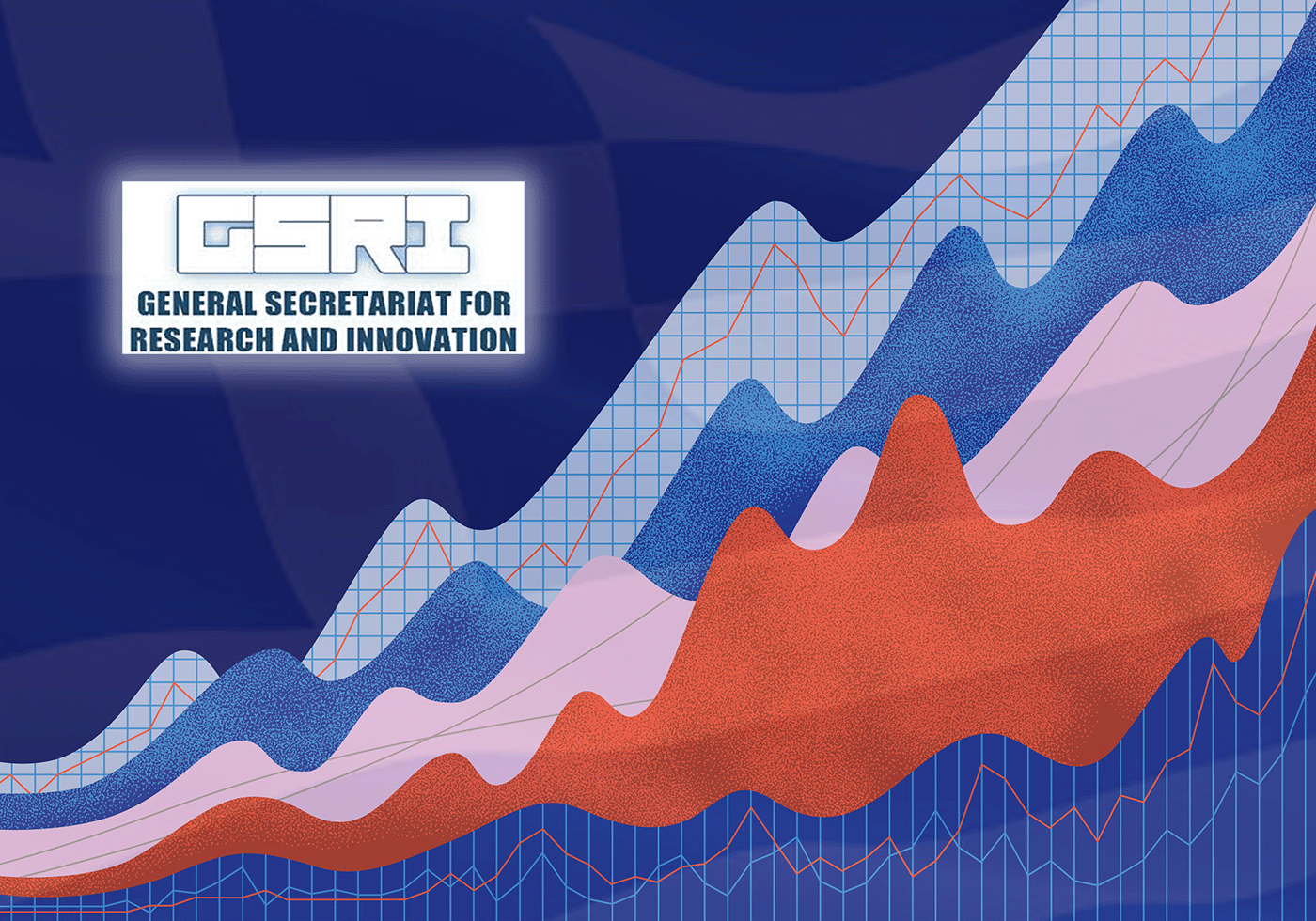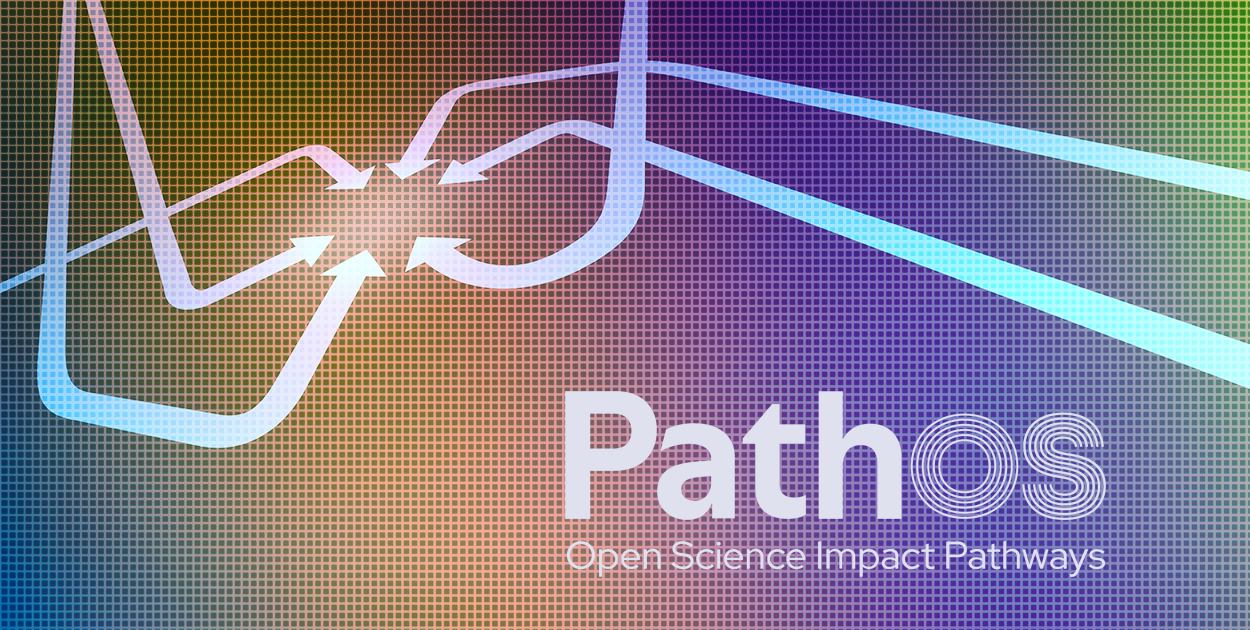Our Projects: Innovation in Action
Mapping and Analysing the Greek Patent System
This study, commissioned by the Hellenic Industrial Property Organisation (OBI), offers a systematic mapping, analysis, and evaluation of the Greek patent system. Its purpose was to generate evidence-based policy recommendations that will empower the national innovation ecosystem to grow, mature, and realise its full potential.
Mid term evaluation of JASPERS
OPIX PC served as the country expert for Greece, investigating the contribution of JASPERS across selected assignments. Our team conducted interviews with key stakeholders and prepared the Greek country report
Research and Security
Following the adoption of the Council Recommendation on Research Security in May 2024, Opix has taken on the role of national correspondent for Greece and Cyprus. We are reporting on the progress of implementing this important EU initiative.
Strategic Digital Technologies under FP10
Monitoring EU Industrial Ecosystems
EU Framework Programme Evaluation: Digital and Industrial Transition
Methodological Support for Building a European Higher Education Observatory
This study mapped and analyzed available data sources, identified overlaps and gaps, and developed strategies with a timeline to seamlessly link these sources, simplifying data collection for the Observatory’s development.
Implementation of ERA Monitoring Mechanism
The European Commission, DG Research and Innovation, Directorate A, has tasked an independent expert consortium led by TECHNOPOLIS with producing the ERA Monitoring Reports 2024. These reports are based on existing sources, including the ERA Dashboard indicators, the ERA Policy Platform, and additional desk research.
Evaluation of Cyprus RTDI programmes 2024-2029
The project’s primary objectives include evaluating the impact of the Research and Innovation Foundation’s (RIF) National Framework Programmes for Research, Technological Development, and Innovation (RTDI), as well as Cyprus's participation in the EU Framework Programmes.
Fostering Research-Business Collaboration in Crete
OPIX is a key participant in the consortium behind the Smart Specialisation Strategy (S3) Community of Practice, an initiative funded by the European Commission to strengthen national and regional Smart Specialisation Strategies for research and innovation.
Assessment of Administrative Costs and Administrative Burden in CPR Funds Management
This study set out to evaluate the administrative costs and burdens of the CPR Funds, while establishing new baselines for the HOME Funds (AMIF, ISF, BMVI) and JTF. It aimed to assess whether past cost estimates and savings were achieved, and to inform future proposals beyond 2027.
Technology Infrastructure Policy Initiatives & Funding Overview
This study aimed to provide evidence-based insights into existing policy initiatives, funding programs, and investment plans—both public and private—that support the creation and enhancement of technology infrastructures.
Cohesion Challenges: Looking Ahead to 2035
This study aims to assess the vulnerability and resilience of EU regions in light of key future challenges: globalisation, technological change, demographic shifts, and the transition to climate neutrality. Using five macroeconomic and regional models across different scenarios, the study provides insights into how these factors may impact regional economies.
Cross border regional labour market analysis
The project is set to deliver a comprehensive analysis of regional labour markets, exploring them through a cross-border lens. Key objectives include collecting data on the current state of cross-border labour markets, developing innovative methodologies to generate cross-border datasets, and producing in-depth labour market analyses for selected cross-border regions.
Strengthening EU Border Regions Resilience
This project aimed at enhancing disaster risk management in border areas, addressing the increasing complexity of both natural and human-made disasters amplified by climate change. It sought to refine tools for managing cross-border risks affecting multiple countries.
Market analysis on student financing
This study provides a thorough analysis and mapping of the student financing market, exploring a range of financial solutions, with a particular focus on loan financing and alternative funding methods. It covers all 27 EU Member States and offers a comparative analysis of the UK and the US.
EU Partnership Principle in 2021–2027 covered by CPR
"Commissioned by the European Commission’s Directorate-General for Regional and Urban Policy, the study on the ""Application of the Partnership Principle in the 2021-2027 Shared Management Funds"" was led by a consortium including Ecorys Europe, Ismeri Europa, and Nordregio.
Measuring National Funding for Cohesion
This study aimed to quantitatively assess the resources EU Member States allocate to policies that (i) focus on specific territories or explicitly aim to reduce territorial disparities and strengthen cohesion, and (ii) are fully funded by national resources (not co-financed by EU funds).
Crafting a Transformative Roadmap for AI in the Health Sector
OPIX is proud to partner with the Onasseio Cardiac Surgery Center (OCSC) in crafting a transformative roadmap for adopting an AI-driven digital future.
Cohesion Policy 2014–2020: Ex Post Evaluation
As part of the Ex post Evaluation of Cohesion Policy Programmes 2014-2020, funded by the European Regional Development Fund and Cohesion Fund, OPIX played a key role in assessing the "Report on Research, Technological Development, and Innovation." This report was one of 13 thematic evaluations conducted by various organizations.
Smart Specialisation Community of Practice
The S3CoP is the central hub for guidance, networking, support, and peer learning on Smart Specialisation (S3), covering both its conceptual development and implementation. Building on a decade of experience, the S3CoP offers a fresh approach to supporting practitioners with a wide range of strategic services.
Scilake: Development of Scientific Knowledge Graphs
SciLake will (a) facilitate and empower the creation, interlinking and maintenance of Scientific Knwoledge Graphs (SKGs) and the execution of data science and graph mining queries on top of them, (b) contribute to the democratization of scholarly content and the related added value services implementing a community-driven management approach, and (c) offer advanced, AI-assisted services that exploit customised perspectives of scientific merit to assist the navigation of the vast scientific knowledge space.
Supporting the Social and Solidarity Economy in Greece
OPIX is providing materialization of a communication plan of promoting Social Solidarity Economy (K.AL.O.) by enriching the digital platform https://foreis-kalo.gr, and suggesting alternative ways of promoting K.AL.O. participants and their products by providing educational and training tools though its platform.
The project is funded by the Ministry of Labor and Social Affairs.
Assessment of R&I Actions 2007–2013 in Greece
This project takes an in-depth look at the “ex-post” evaluation of the Research and Innovation Actions implemented by Greece’s General Secretariat for Research and Innovation (GSRI, formerly GSRT) during the 2007-2013 Programming Period (NSRF 2007-2013).
Open Science Impact Pathways (PathOS)
PathOS is a Horizon Europe project aimed at enhancing the understanding and measurement of Open Science (OS) impacts and their underlying mechanisms. It will gather concrete evidence of Open Science effects by tracing the pathways of OS practices from input to output, outcome, and impact.
Study on Scientific Service Companies
Commissioned by Technopolis Group on behalf of Deutsches Elektronen Synchrotron (DESY), this report explores the growth potential of Scientific Service Companies (SSCs), focusing on Commercial Analytical Research Organisations (CAROs), Contract Research Organisations (CROs), and Research and Technology Organisations (RTOs) in the New Materials sector.
ESIF Evaluation Helpdesk
The project supports Member States in refining their evaluation plans and managing evaluations of their Operational Programmes co-financed by the ERDF, Cohesion Fund, and ESF (including the Youth Employment Initiative). Additionally, the Helpdesk provides structured insights into the outcome of evaluation reviews to assist the European Commission’s synthesis of evaluation findings.
Implementation of Simplification Practices in the EU ESIF
The "Towards Simplification – Analysis of Selection of Operations" project examines and shares key insights into the practices and procedures used by national and regional authorities responsible for managing the ERDF, ESF, and Cohesion Fund in EU Member States. Focusing on the 2014-2020 programming period, the project provides an in-depth look at the selection process for operations.
Skills analysis in Human Resources data
OPIX has been entrusted with the development of a cutting-edge software solution for a prominent private Human Resources (HR) services company in Greece. Which will provide functionality to its clients regarding skills and competences processing, upskilling, job searching and matching.
AI-based STI Policy Platform
IntelComp is transforming STI policy with an innovative platform powered by the European Open Science Cloud (EOSC). By processing large, dynamic datasets from public administrations, STI stakeholders, and civil society, it enables evidence-based policymaking across the full policy lifecycle—from agenda setting to evaluation.
Connecting Europe’s Entrepreneurial Regions
This project is designed to enhance the impact of existing initiatives to support start-ups and scale-ups by building on the experiences of some of Europe’s most entrepreneurial regions.
Enhancing the take-up of Financial Instruments under the European Social Fund
This insightful study explores how the Greek government can optimize the efficiency and impact of projects supported by the European Social Fund Plus (ESF+) in the 2021-2027 programming period.
Intelligent Cities Challenge
Intelligent Cities Challenge (ICC) is a European Commission initiative that supports 136 cities in using cutting-edge technologies for their digital transformation. The aim is that ICC cities and their local ecosystems will become the engines for the recovery of the local economy, in order to create new jobs, and strengthen citizen participation and wellbeing.









